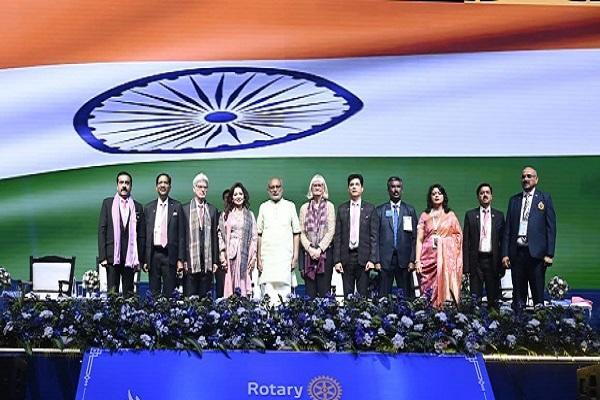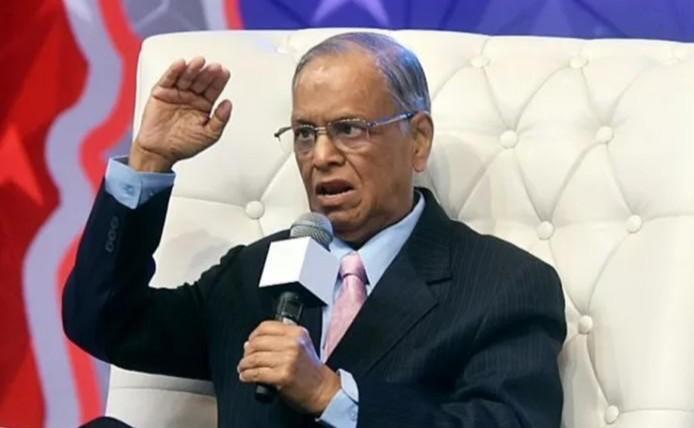
Title: Man claims he left interview as firm refused to tell pay range, says ‘VP called it confidential’
The art of salary negotiation is a delicate dance that many job seekers are familiar with. In recent times, there has been a growing trend of companies refusing to disclose salary ranges to potential employees, citing various reasons such as “confidentiality” or “market rates”. But what happens when a candidate pushes back against this silence? A recent Reddit post has sparked a heated debate about the ethics of this practice and the consequences of not being transparent about pay.
The incident in question took place during an interview with a Fortune 500 company, which the candidate claimed was one of the top 500 companies in the world. The candidate, who remains anonymous, took to Reddit to share his experience, stating that he had been through three rounds of interviews before being invited to meet with a Vice President of the company.
During the fourth and final round, the candidate asked the VP about the salary range for the position, which he had been eyeing for some time. However, the VP refused to disclose the information, citing it as “confidential until the offer stage”. The candidate was taken aback by this response and decided to take a stand, walking out of the interview mid-conversation.
In his Reddit post, the candidate expressed his frustration and disappointment at the company’s refusal to be transparent about pay. He stated that he had been led to believe that the company was a progressive and open organization, but the VP’s response had left him feeling deceived.
“I was expecting a more open and honest conversation about the role and compensation,” the candidate wrote. “But instead, I felt like I was being played. I kept asking about the salary range in each interview round, and each time I was met with a vague answer or a deflection. It was clear that they were not going to disclose the information, and I decided that I wasn’t going to waste my time any further.”
The candidate’s post sparked a lively discussion on the Reddit thread, with many users expressing their support and solidarity. Some users shared their own experiences of being refused salary information during interviews, while others offered words of encouragement and advice.
One user, who identified as a recruiter, chimed in with some insight on the current job market. “In today’s job market, transparency about pay is more important than ever,” they wrote. “Candidates are doing their research and know what they’re worth. Refusing to disclose salary information can be a major turn-off, and can even lead to candidates walking away from offers.”
Another user, who claimed to be a former employee of the company in question, weighed in with some insight on the company’s culture. “I worked for this company for a few years, and I can tell you that it’s not uncommon for them to be evasive about pay,” they wrote. “They like to keep things ‘confidential’ until the last minute, when they’re trying to seal the deal. It’s a tactic to keep candidates in the dark and make them feel lucky to be offered the job.”
The incident highlights the importance of transparency in the job interview process. Companies that refuse to disclose salary information may be trying to maintain a competitive edge or avoid negotiations, but in the end, it can backfire and drive away top talent.
In recent years, there has been a growing movement towards pay transparency, with some companies voluntarily disclosing salary ranges for their positions. This trend is driven in part by the rise of the gig economy and the increasing importance of flexibility and autonomy in the modern workforce.
However, pay transparency is not without its challenges. Companies may struggle to balance the need for confidentiality with the need for transparency, and may feel pressure to keep salary information confidential to avoid unwanted attention or competition.
Ultimately, the decision to disclose salary information is a complex one, and companies must weigh the potential benefits against the potential drawbacks. But for candidates, the message is clear: don’t be afraid to ask about pay, and don’t be afraid to walk away if the answer is unsatisfactory.
In the end, the candidate’s decision to walk out of the interview may have been impulsive, but it was also a powerful statement about the importance of transparency and fairness in the job market.






